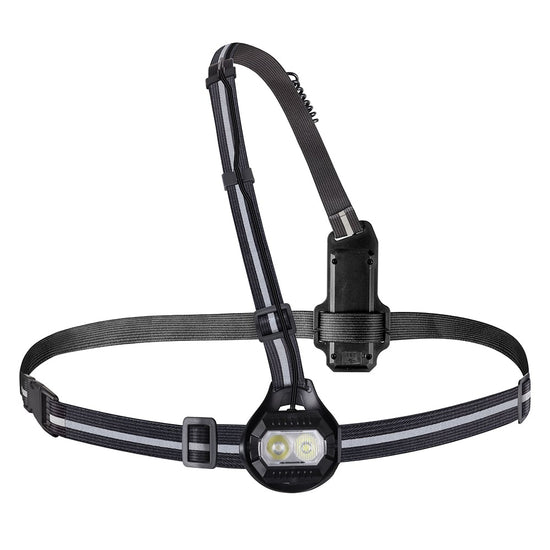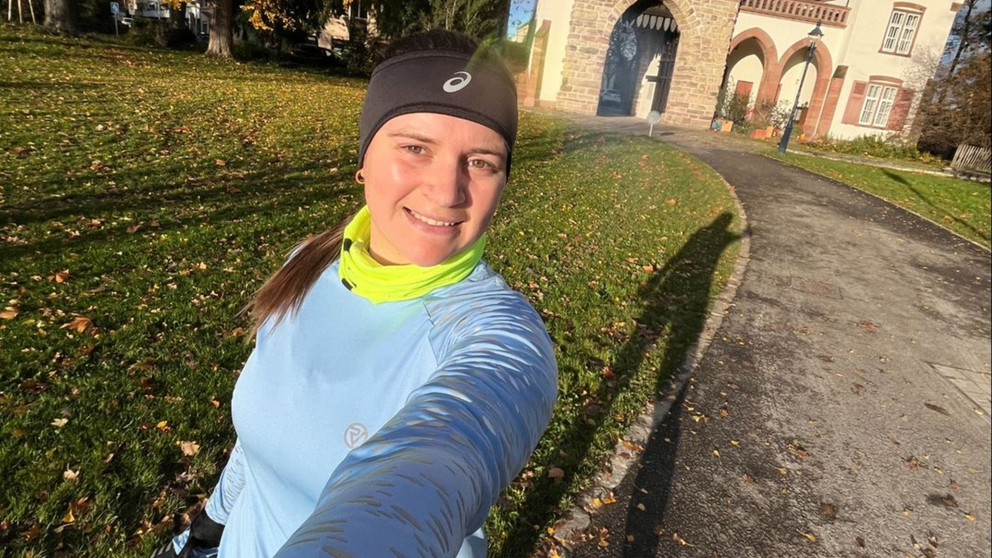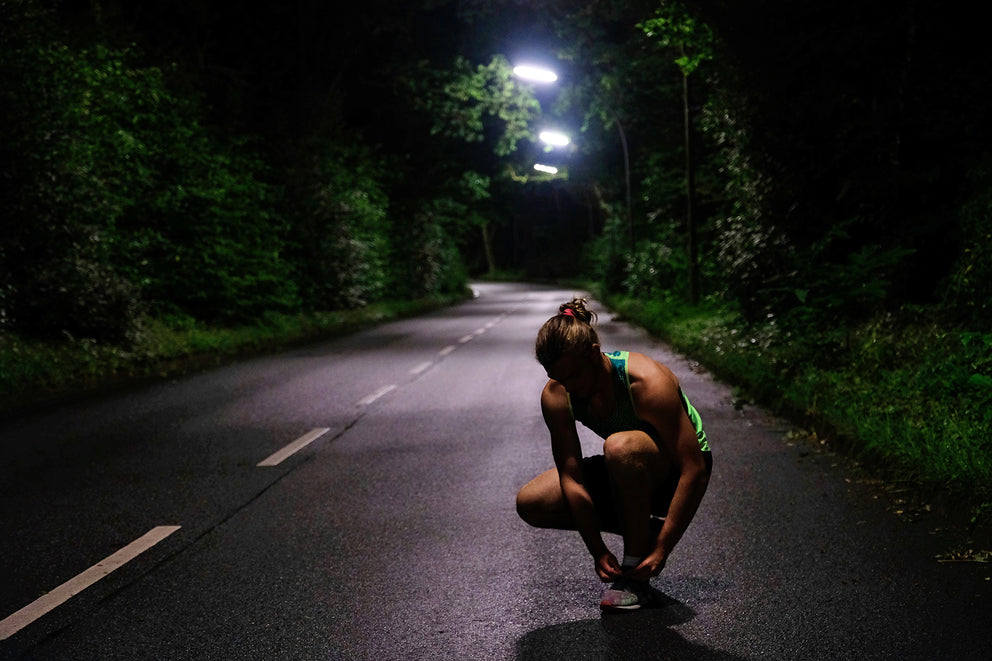Caught the running bug? It’s contagious. And for good reason. But taking your first steps along a new fitness regime can be challenging. Where to run, what to wear, how to avoid injuries. There’s a lot to think about. If you’re in need of a helping hand before you jump in with both feet, don’t miss our top 10 running tips for beginners.
1. Plan your run
First things first, you need to know where you’re going. It’s important to have a plan for your run for a number of reasons. An obvious one being so that you don’t get lost. But also to get your timings and distances right, as well as avoiding busy roads if you’re not confident with running alongside traffic to begin with.
Start with shorter, quieter routes that aren’t going to leave you exhausted a long way from home. Then work your way up to running longer routes that may take you through busier areas. And don’t forget to wear high vis clothing when you run near traffic. This is crucial for being seen, especially in low light and at night.
2. Use the right running gear
The right running gear extends beyond making sure you stay visible. First up is a good pair of running shoes. Arguably the most important piece of gear you need as your feet are your only point of contact with the road, you can get different footwear for different types of running. Like long distances, shorter sprints or trail running. Getting the right pair is key.
The rest of your gear will also have an impact on your running. From a good pair of running socks to choosing a running top that’s made from breathable materials to help wick away moisture, you’ll also want plenty of warm things for running in winter. Such as a jacket that’s lightweight and breathable yet warm and waterproof. As well as a running beanie and a decent pair of gloves that you can still use your phone with.

3. Warm up and cool down
One of the key things about running for beginners is looking after your body – both before and after your exercise. Warm up for a run by doing plenty of stretching before you start. This will help you to avoid injuries. It’s also really important to do a proper cool down too. Whether you’re going for a quick jog, training for an event or running to work, doing a warm down and some stretching after your run will help you recover and avoid stiffness.
4. Rest and recover
When you start running, make sure you listen to your body. Rest is a huge part of any exercise routine. Your muscles only recover with rest. This gives them time to repair and get stronger. To avoid injury, it could be a good idea to start by only running once or twice a week to begin with. Hopefully you’ll find that your body starts to recover faster, allowing you to work up to more frequent runs.
5. Pace yourself
If you’re inexperienced and want to know how to start running without wearing yourself out, it’s all about pacing yourself. It’s easy to do, but try not to set off too fast at the start of a run. Rather than sprinting out of the blocks, set a slow and steady pace early on, which you can always increase when you settle into a rhythm. If you burn yourself out, you can catch your breath by slowing right down. Try to keep a gentle jog going rather than walking though, as this is better for both your muscles and cardio.
6.Stay hydrated
Hydration is vital for your performance, injury prevention and recovery. Make sure you’re well hydrated before you start running, and take on plenty of fluids when you finish to replace what you lose in sweat. If you’re going on a particularly long run, consider taking some water with you either in a handheld bottle, hydration bladder or backpack. Electrolyte supplements can also be good, especially if you’re running in warmer weather or doing a more intense session.

7. Mix up your routine
Doing the same run every day could get boring, especially if it’s a relatively uninteresting route. Mixing up where you run is a great way to keep things exciting, which will help you to remain engaged with your running routine. If that’s not possible, even changing up the time of day that you run could be a good way to keep things interesting.
8. Set realistic goals
Setting goals is something you need to be wary of. They can be counterproductive if you focus on what the goal is, rather than the process of getting there. If you set a goal, make it realistic, and try not to fixate on it. Instead, concentrate on what you need to do to reach it, and celebrate milestones along the way. Like running a certain distance without stopping, completing your first 5K or setting a new personal best for your route.
9. Join a running group or club
Running with other people is a great way to make your runs more enjoyable. There are local running groups and clubs right across the country, but if you don’t fancy that, see if you can convince a friend to start running with you. Making a commitment to other people as well as yourself is a great way to keep motivated, while you may also find you discover a whole new social side to running.
10. Enjoy yourself
The last of our running tips for beginners is probably the most important if you’re going to keep it up. You’re very unlikely to stick to any fitness regime that you don’t enjoy. Looking after your health is super rewarding and should be fun. Yes, there are going to be tough times when you may need to push through some pain or break down some barriers. But it’s all worth it.
Whether it’s joining a running club or finding exciting routes that take you through lovely new scenery, focus on enjoying yourself when you run and you can look forward to endless miles of healthy exercise. Which is good for both your body and mind.
If you need some new gear to get your routine kick-started, check out our range of running clothing and accessories. You’ll find lots of versatile and highly reflective things to keep you both comfortable and safe.




 British designed
British designed











